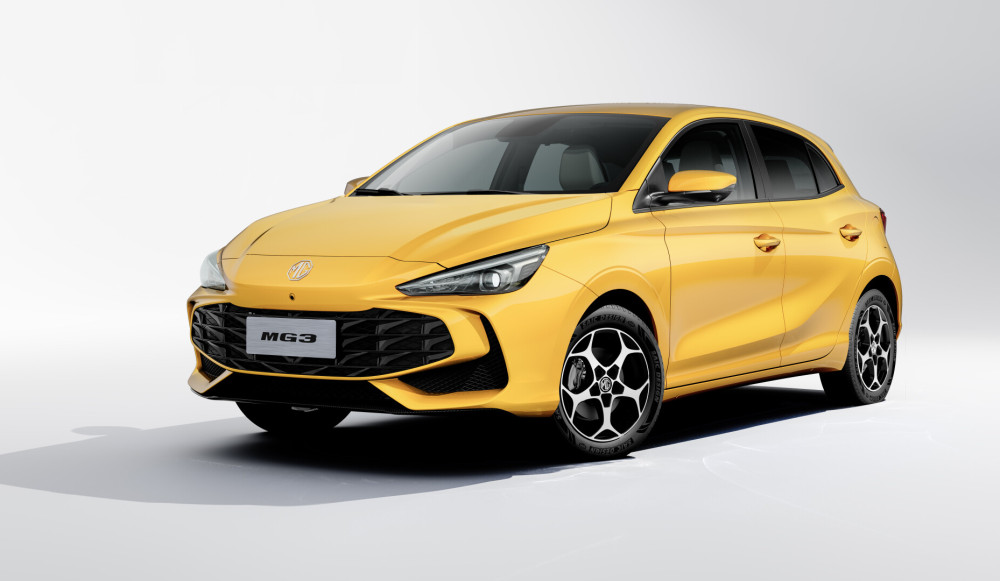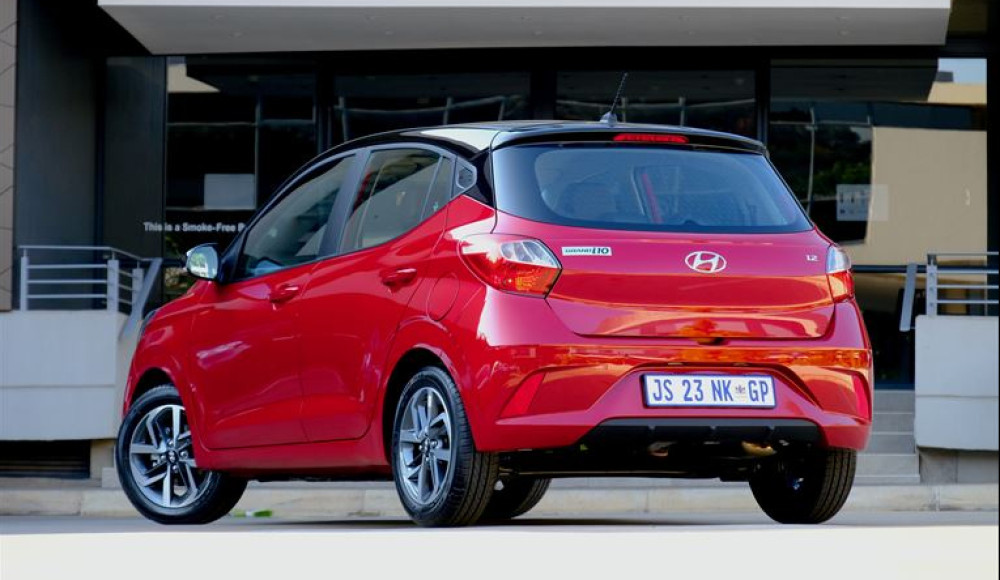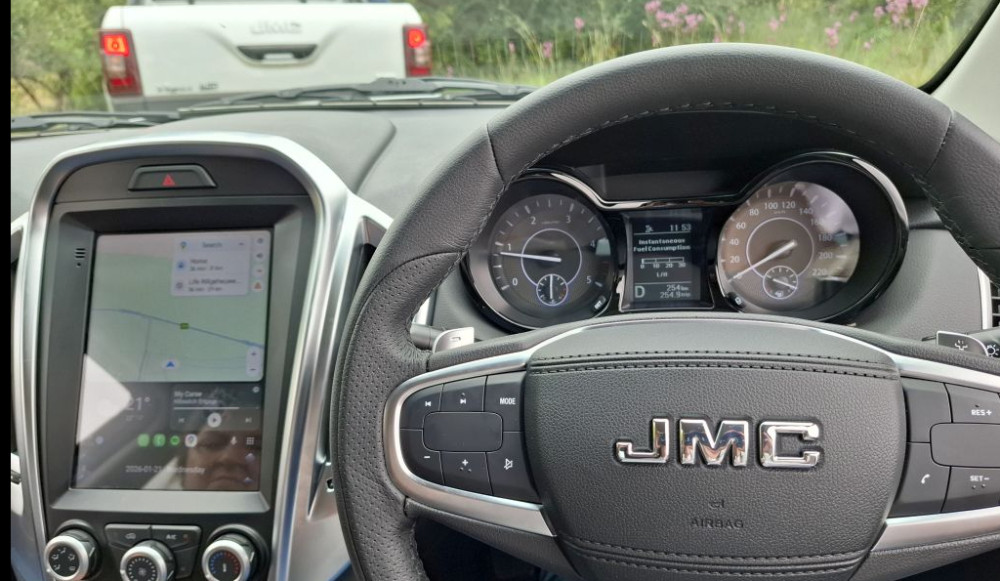Stellantis and Saft, a subsidiary of TotalEnergies, have introduced a new prototype car equipped with innovative IBIS technology. The project, a French collaborative research effort, is focused on creating a more efficient and cost-effective system for energy storage and electric conversion.
The first fully functional vehicle to use this system is a Peugeot E-3008, built on the Stellantis STLA Medium platform. This is the result of years of design and simulation work by Stellantis and Saft, with additional support from several French engineering firms and research institutions. Real-world road testing for the prototype is now under way.
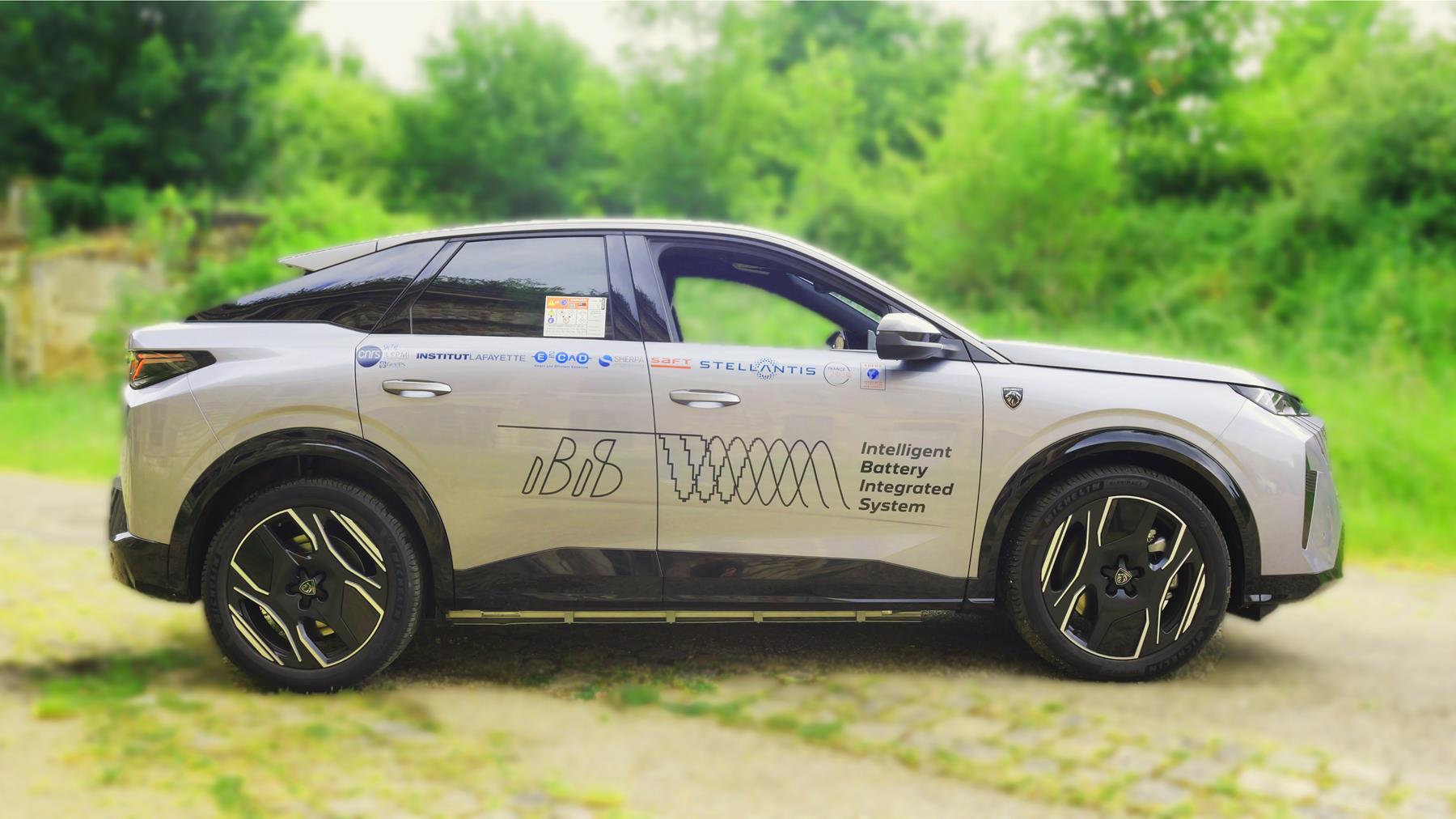
Take a look at these pristine pre-owned Peugeot models - click here
The core of the IBIS technology involves a redesign of the electric powertrain. It integrates the inverter and charger functions directly into the battery itself. This architecture is able to support both alternating current and direct current, supplying power to the motor, the grid, or the vehicle's auxiliary systems.
This integrated approach offers several advantages. It can improve overall energy efficiency by up to 10% on a standard test cycle and provides a power gain of 15% from the same-sized battery. The design is also lighter, reducing vehicle weight by approximately 40 kg, and frees up an estimated 17 litres of space, which can be used for improved aerodynamics or other design features. Early results also indicate a potential 15% reduction in charging times.
Ned Curic, Chief Engineering and Technology Officer at Stellantis, stated that the project reflects a belief that simplification is a key form of innovation, ultimately leading to better and more affordable electric vehicles for customers.
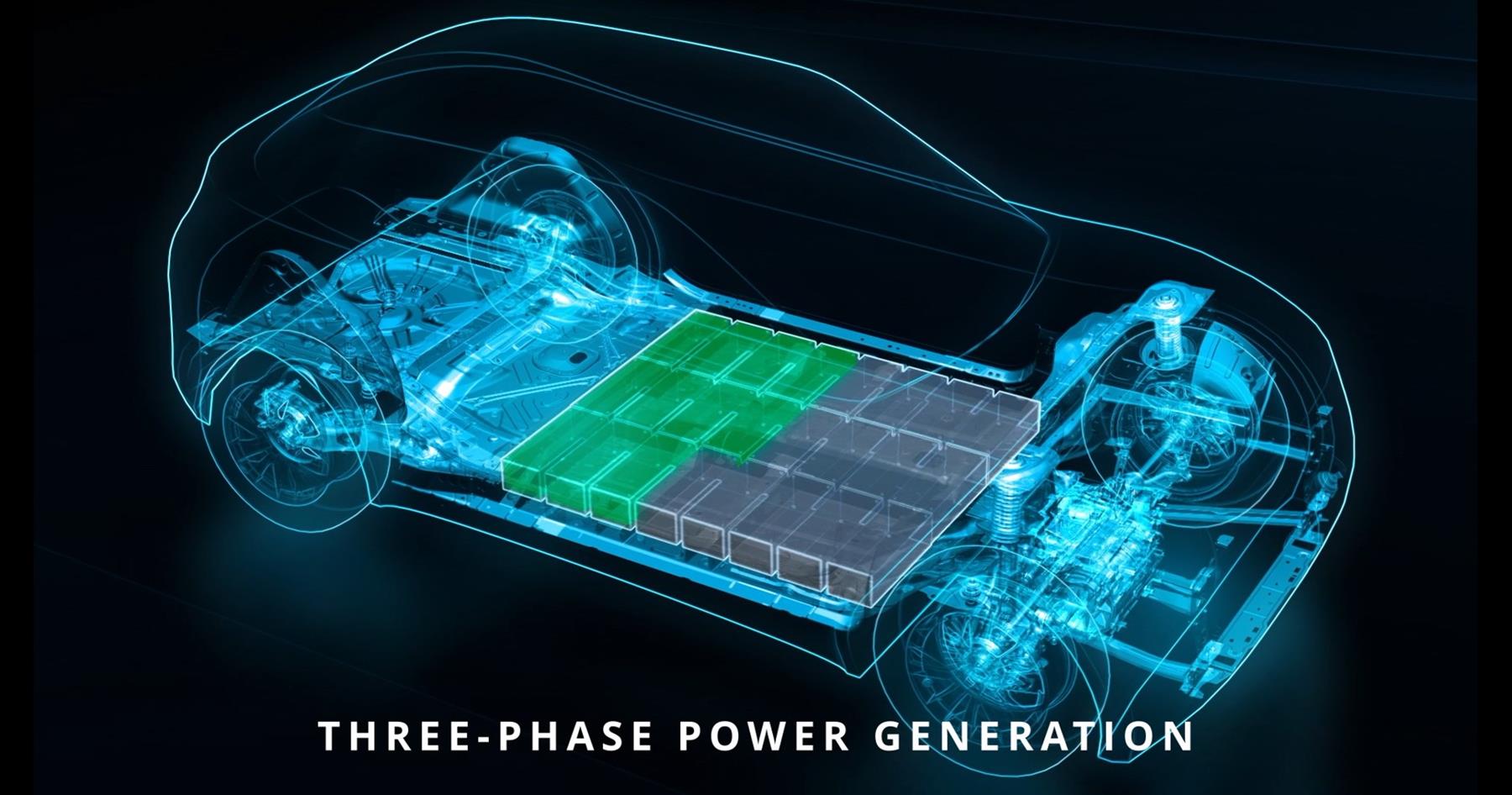
Crunch the numbers by using this handy Finance Calculator
Hervé Amossé, EVP of Energy Storage Systems at Saft, said the IBIS project is a powerful example of Saft’s commitment to innovation, helping to unlock a new era of intelligent and sustainable energy solutions.
The project's second phase began in June 2025 and continues to receive support from the French Government. The focus is now on rigorous real-world testing, which could lead to the technology being integrated into Stellantis production vehicles before 2030. Beyond cars, the IBIS system also shows potential for use in rail, aerospace, marine, and data centre applications.
Colin Windell for Colin-on-Cars in association with
proudly CHANGECARS


